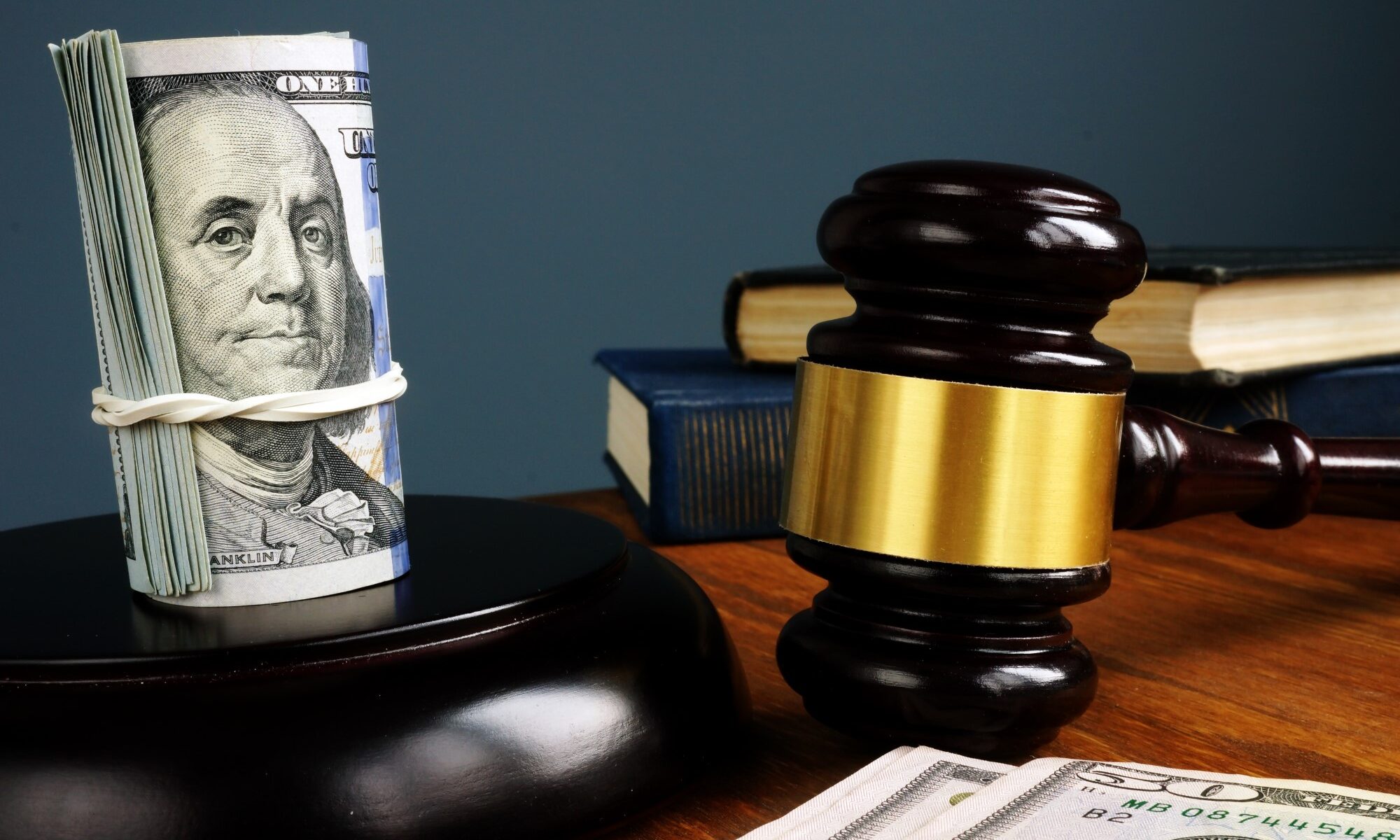Life changes in an instant. And before you know it, you can find yourself having to post bail or help a loved one post bail. Depending on the charges, the amount will vary, but it can often catch people by surprise. There are different ways that someone can post bail, and often collateral can be accepted in lieu of cash funds. Bail is a kind of collateral that guarantees a defendant or accused party will return for their court date and not disappear. Bail amounts are sent by judges and depend on the type and gravity of the crime. However, if you own valuable property, this can also be used to help you make bail in the absence of cash or immediate funds.
As we have discussed in previous posts, bail is a type of promise that you make to the court that you will return for your court date and court hearings. This promise is important because while people await their trial, they still need to continue working, paying bills, providing for their families, caring for family members, etc. This is why bail can be important to keeping your life as normal as possible until you see your day in court.
What is Bail Collateral?
Bail collateral is offered in place of or in addition to bail money. This means that a person that is arrested can put up their property or valuable belongings in place of a cash payment. Collateral can take many forms, depending on the amount and the kind of assets you have. This is also useful because people often have to post bail at a moment’s notice. It’s not always easy to come up with a certain amount of cash.
What Kinds of Items Can Be Used as Collateral?
Most people have some form of transportation. Your vehicle is one form of acceptable collateral for bail. It is understandable, however, that you might need your car to get to work. So you may keep your vehicle during your trial, although you will have to give away your car title. If they miss a hearing or court date, then the vehicle will be seized.
There are a few guidelines in using your vehicle as collateral for bail:
- If you are still making payments on the car, it’s not possible to use it as collateral. You must own the car.
- The vehicle must be in good shape. It must be in good working condition.
- The vehicle must have updated insurance and registration.
- You must have the title.
- The vehicle must also be equal to or greater than the amount of the bond.
- The vehicle must be registered locally and/or in the state in which you are facing charges.
Real Estate
Perhaps one of the most common forms of collateral used for bail comes in the form of personal property. One of the advantages of using personal property as collateral is that the value of the property can be assessed quickly and will usually cover larger bail amounts. At the same time, a property cannot be lost or concealed. This is why it is a common and useful type of collateral. Types of properties that can be used as collateral include:
- Family homes
- Vacation homes
- Investment properties
- Farmland
- Acreage
You also need several documents in order to successfully use your property as bail. These include:
- A grant deed or deed of trust
- Mortgage statements (for equity security)
- Any refinancing documents
- Typically an appraisal will be done
- Confirmation of your ownership of the property (title search)
Investments & Savings
Other forms of collateral can be taken in the form of business shares or stocks. If you have assets in the form of any one of these, they can often be used to secure your bail if the value of the stocks and/or shares equals or is greater than the bail amount. The accounts are easily liquidated, and so it makes it an acceptable form of collateral.
Jewelry
A less commonly used form of collateral is in the form of jewelry or precious metals. Similar to the others, the value must be equal to or greater than the bail amount. When using jewelry, it must be professionally appraised to determine its value. This is a way to officially determine its current value, as the value of jewels and precious metals are often changing.
Firearms
Perhaps less commonly used are certain types of firearms, including long guns and handguns. As all collateral, it must be proven that the value of the guns is equal to or beyond the value of the bond.
Find a Trusted Bondsman In Your Area
Facing jail time is no joke. It is scary and comes with many complications because life cannot stop. This is why we help people in the El Paso area post bail and return to their normal lives until they face the justice system. Find out how Freedom Bail Bonds can help you or a loved one facing arrest and an upcoming bail hearing.
